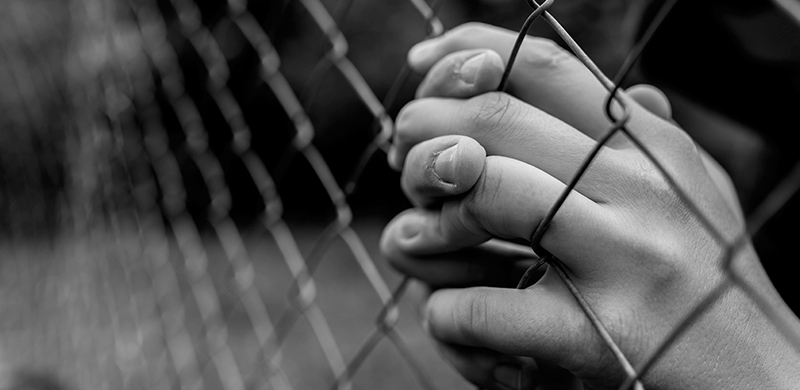Online
Summary:The Optional Protocol on the Convention against Torture (and other Cruel, Inhumane or Degrading Treatment or Punishment) (OPCAT) may be a once-in-a-generation opportunity to protect citizens’ rights in places of detention and in social care. OPCAT provides for National Preventive Mechanisms to stop problems before they reach crisis point.
Presenter(s):
- Ms Shujune Muhammad
- Professor Greg Lehman
- Mr Steve Caruana
- Dr Mike Guerzoni
- Dr Ben Elijah
- Professor Penelope Weller
- Professor Nicole Asquith

The Optional Protocol on the Convention Against Torture (and other cruel, inhumane or degrading treatment or punishment) (OPCAT) may be a once-in-a-generation opportunity to protect citizens’ rights in places of detention and in social care.
OPCAT is a proven way to protect our family and loved ones, when their liberty is, or may be, deprived, and has the potential to touch the lives of many of us.
OPCAT provides for National Preventive Mechanisms (NPMs) to stop problems before they reach crisis point. The United Nations’ criticisms about refugees and asylum seekers, the atrocities that occurred in Don Dale Prison in the Northern Territory, and four associated Royal Commissions (Aboriginal Deaths in Custody; Aged Care Quality and Safety; Violence, Abuse, Neglect, and Exploitation of People with Disability; and Institutional Responses to Child Sexual Abuse) exemplify how Australia needs OPCAT.
NPMs can protect Tasmanians at Risdon Prison and Ashley Detention Centre but also at the Mental Health Inpatients Unit (MHIU) at the Royal Hobart Hospital, at aged care homes, at schools, or support homes for people with disabilities or quarantine hotels. The reach of the NPM is extensive and other countries’ experiences show how effective they can be.
Australia lags behind many countries in implementation. The University of Tasmania and the Tasmanian Institute of Law Enforcement Studies welcome Ms. Shujune Mahammad of the United Nations Sub-Committee on Prevention of Torture and Cruel and Degrading Treatment and ask you to join us in a discussion on how we can make the most of this once-in-a-generation opportunity.
- Ms Shujune Muhammad, member of Sub-committee on Prevention on Torture (SPT), Supreme Court Judge, Maldives
- Professor Greg Lehman, PVC, Aboriginal Leadership at the University of Tasmania
- Mr Steve Caruana, Coordinator, Australian OPCAT Network
- Dr Mike Guerzoni, Indigenous Fellow, University of Tasmania
- Dr Ben Elijah, Tasmanian Chair of the Royal Australian and New Zealand College of Psychiatrists
- Professor Penelope Weller, RMIT University, Discussant
- Professor Nicole Asquith, Director, Tasmanian Institute of Law Enforcement Studies, University of Tasmania, Moderator